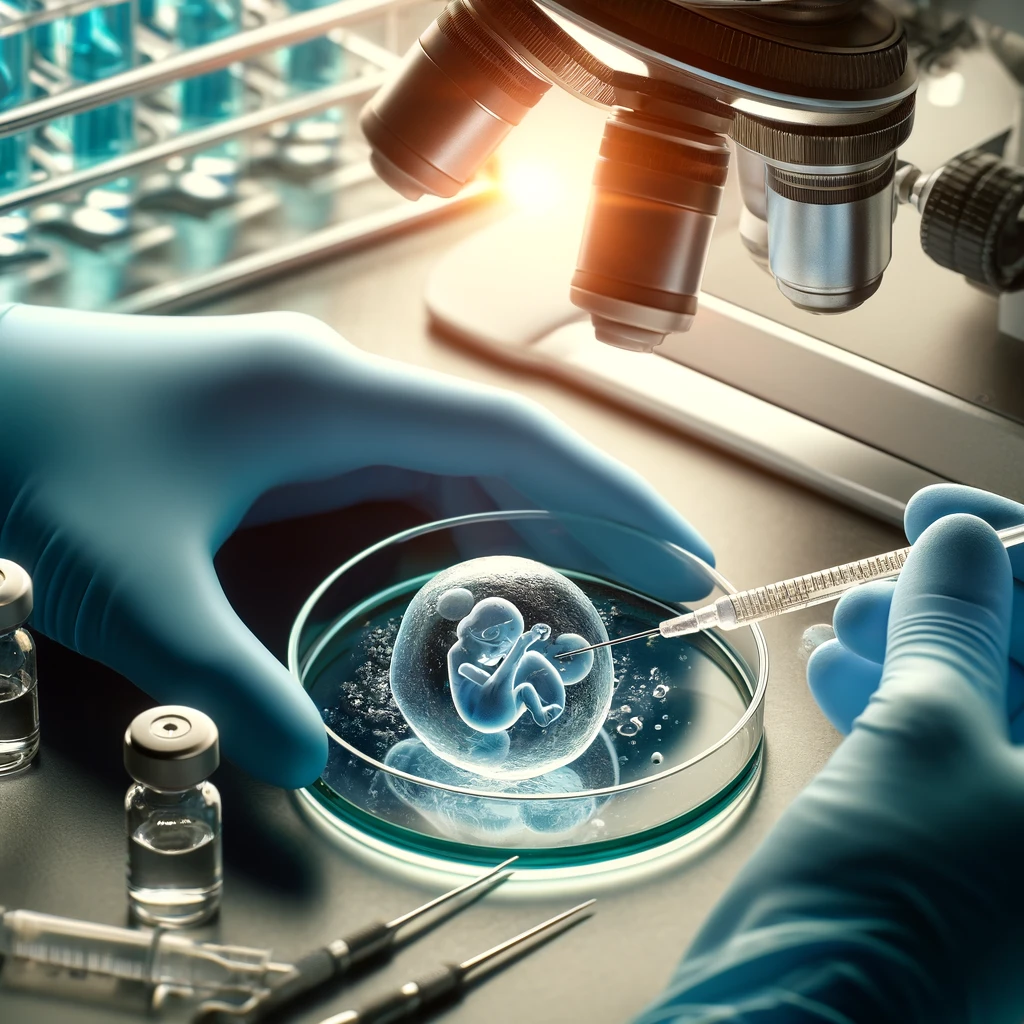
In Vitro Fertilization (IVF) is a medical procedure designed to aid fertility and assist with the conception of children. Developed in 1978, IVF has since provided hope to millions of individuals and couples facing infertility challenges. The process involves extracting mature eggs from the ovaries and fertilizing them with sperm in a lab environment, creating embryos. These embryos are then observed for growth and viability before one or more are transferred to the uterus.
IVF is often considered when other fertility treatments have failed, or in cases involving blocked fallopian tubes, severe male infertility, or genetic disorders. The procedure is meticulous and involves several stages, including ovulation induction to enhance egg production, egg retrieval under anesthesia, and sperm collection either from a partner or a donor. After fertilization, embryos are usually cultured for about 5-6 days before being implanted.

